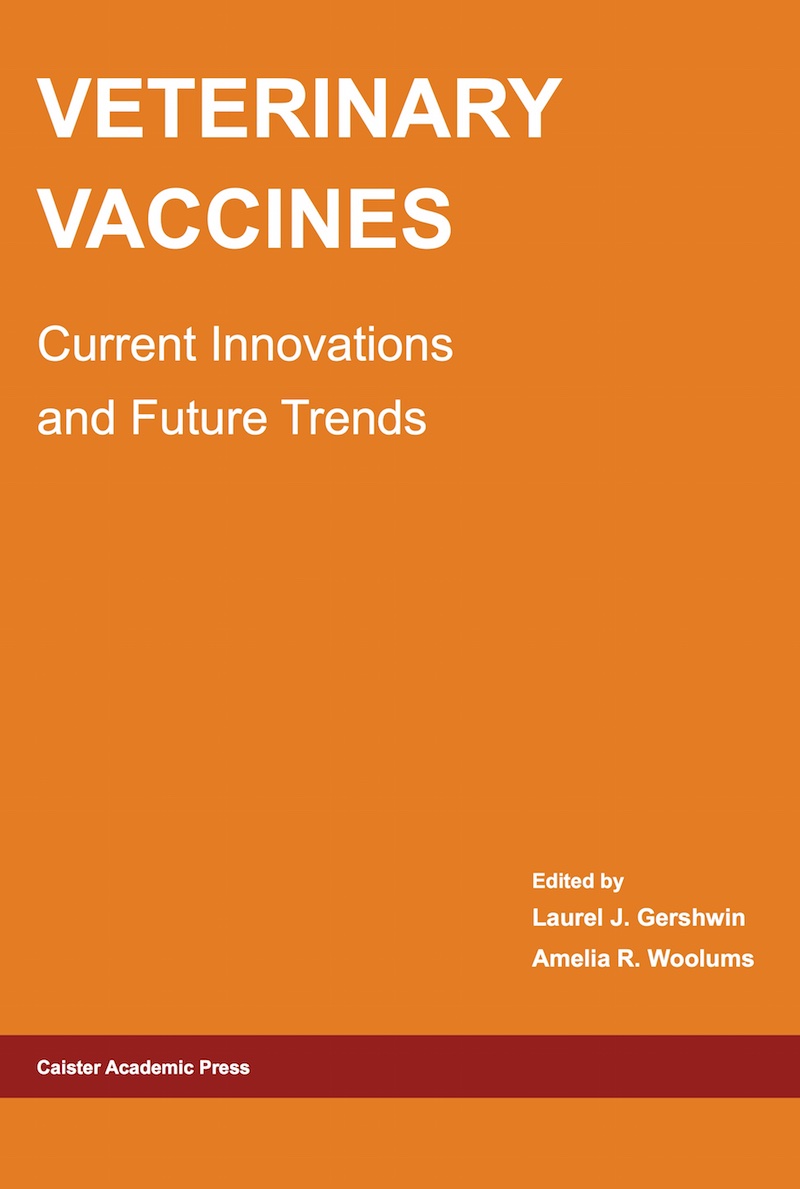Protozoans and Global Climate Change in Aquatic Systems
Hartmut Arndt and Mar Monsonís Nomdedeu
from: Climate Change and Microbial Ecology: Current Research and Future Trends (Edited by: Jürgen Marxsen). Caister Academic Press, U.K. (2016) Pages: 41-52.
Abstract
It is well accepted that heterotrophic protists (protozoans) play a key role in marine as well as in freshwater microbial food webs. Protists influence the abundance and taxonomic distribution as well as size structure of bacteria and archaeans and thus regulate nutrient and carbon transfer in aquatic systems. Interactions between the different trophic levels of protists and different metazoan trophic levels are much more complex than currently believed. Recent experiments indicated a high capacity of genetic and non-genetic adaptation of heterotrophic protists to local temperature variations. It is evident that global warming will not only increase metabolic activity of protists and their impact on other microbes but since sensitivity to temperatures is potentially very different for each protist population unforeseeable impacts of warming have to be expected. Even if only one species in a system is temperature sensitive, the whole community is affected due to a close network of interactions. We summarize some of the major effects of temperature increases on free-living heterotrophic protists and try to illustrate the complexity of temperature impact on the background of complex microbial food web interactions read more ...



